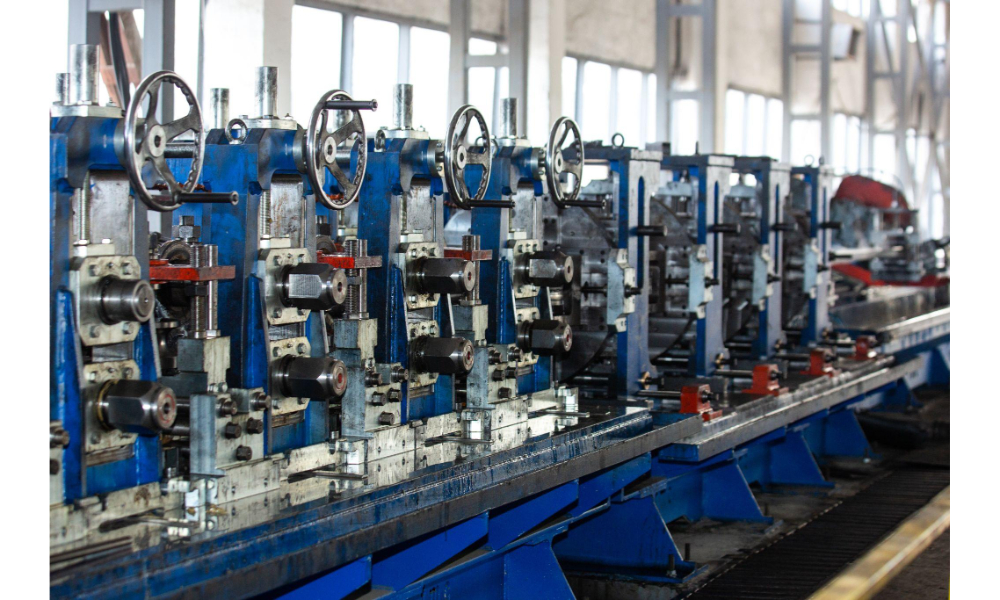Automotive timelines punish weak processes, so supplier checks must focus on proof. Look past brochures and insist on controls that remain constant during shift changes and periods of high demand if you are evaluating a CNC machine shop for automotive machining. Use the list below to assess daily discipline, capture evidence, and keep recalls far from your line. Tie every claim to a record you can verify and decide with numbers, not impressions.
1. Drawing Control And Revision Flow
The CNC machine shop should display a single source of drawings with version history and release rights. Operators must see the latest print at the machine and record any deviation. Automotive machining depends on clean revision control because mixed prints create hidden scrap.
2. Process Flow And PFMEA
Request a basic process map that relates to the detection, occurrence, and severity of PFMEA. A trustworthy CNC machine company demonstrates how checks are driven by risks rather than the other way around. In automotive machining, this linkage prevents token inspection and raises detection where it matters.
3. Capability On Special Characteristics
Identify critical features and demand a capability plan. The CNC machine shop ought to aim for CPK levels that correspond with your client’s guidelines and display both short-term and long-term research. A competence that is consistent across tools, shifts, and seasons is necessary for automotive machining.
4. Tool Life, Offsets, And Wear Rules
Look for presetting, offset limits, and documented tool change points. Operators should adjust by rule, not by feel. In order to prevent late drift in automobile machining parameters, the CNC machine shop needs to record wear trends.
5. First-Off And In-Process Checks
Require first-piece approvals, timed in-process audits, and reaction plans. A sound CNC machine shop archives results with traceable operator IDs. Automotive machining benefits when failed checks trigger quarantines and cause analysis within the shift. Weekly trend reviews and sampling adjustments should be made by supervisors when drift is detected.
6. Clean Coolant, Chips, And Housekeeping
Coolant mix, filtration, and chip removal influence finish and size. Daily checks keep heat and contamination under control. The CNC machine shop should post limits at each cell so automotive machining remains stable over long runs.
7. Fixture Discipline And Poka-Yoke
Fixtures must resist deflection and prevent misloads. Ask for torque charts, locator inspection, and error-proof features. A tidy CNC machine shop uses fixture IDs and maintenance logs that support consistent automotive machining.
8. Metrology And Calibration Windows
CMMs, gauges, and masters need current certificates and uncertainty statements. Confirm R&R studies on critical gauges. Automotive machining relies on metrology that reflects shop conditions rather than a distant lab. Temperature mapping and warm-up cycles belong in the plan, not in tribal memory.
9. Supplier And Finish Control
Heat treaters, coaters, and washers must meet the same bar. The CNC machine shop should maintain approved lists, specs, and sample retainers. Automotive machining fails when outside steps vary more than the cut itself.
10. Packaging, Cleanliness, And Rust Prevention
Define cleanliness classes, bagging, and VCI use by part and route. The CNC machine shop should test for residues and run humidity trials. Automotive machining parts arrive ready for assembly when packaging is treated as a process step.
11. Launch Readiness And PPAP Rigour
Check that control plans, ballooned prints, records, and traceable samples are complete. The CNC machine shop should meet your PPAP level and keep submission sets ready for audit. Automotive machining programmes move faster when launch evidence is standard. To ensure that audits never pause for paperwork, retention periods and digital backups should be made explicit.
Conclusion
Strong controls let you award work with confidence. By checking drawings, risks, capability, tools, checks, fixtures, gauges, vendors, packaging, and PPAP, you cut surprises and save time. Choose partners who prove discipline daily, and your line will feel the difference when volume rises. Frequent monthly evaluations enable teams to turn early successes into steady output and react before problems affect your clients. Openly share measurements to maintain the integrity of improvement. Across shifts and suppliers consistently.
Contact Disk Precision Group to match automotive machining requirements with a tried-and-true CNC machine shop process from sample to serial for traceable quality and measured lead times.




